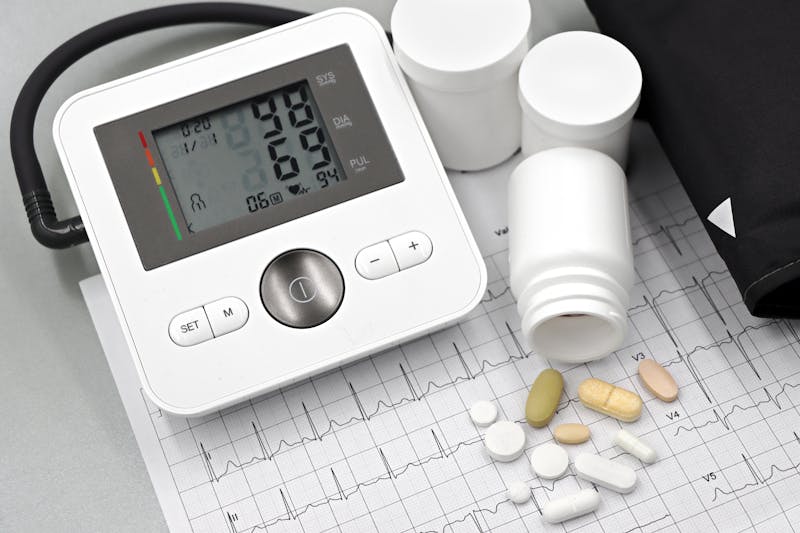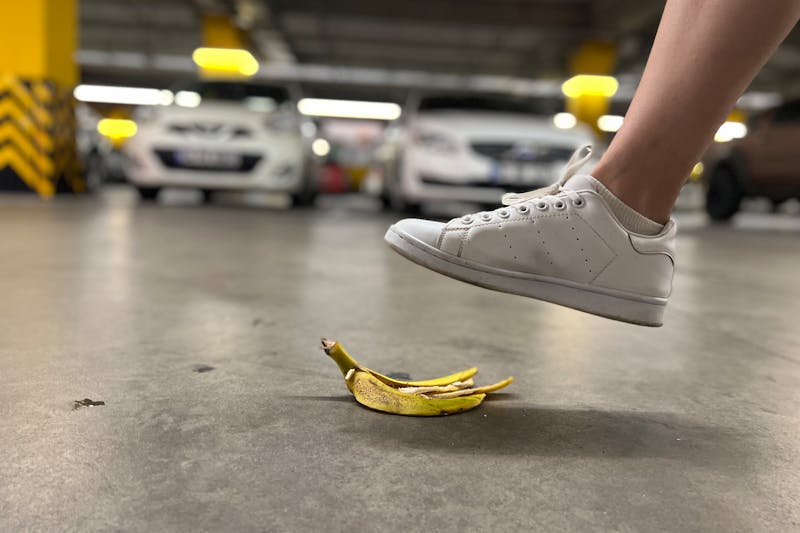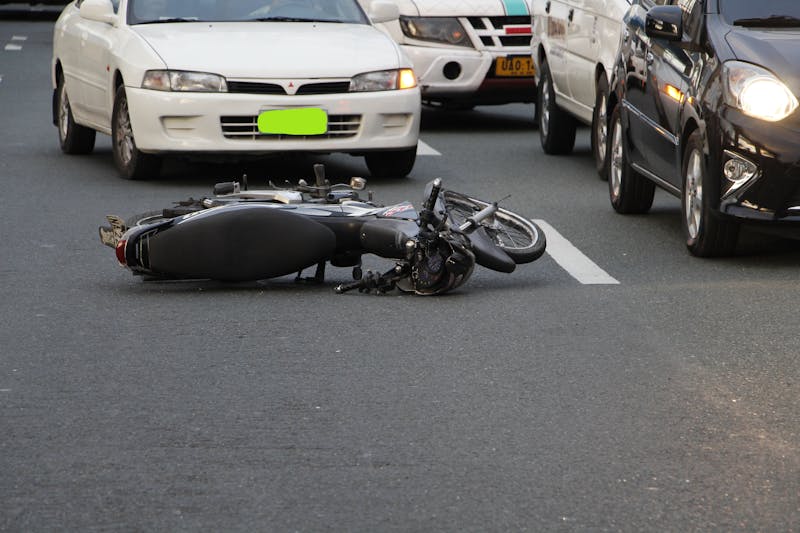What to Do After a Car Accident in Tennessee

A car accident can happen in an instant, leaving you shaken, confused, and unsure what to do next. Whether you’ve been in a minor fender bender or a serious collision in Nashville, Chattanooga, or anywhere else in Tennessee, the steps you take immediately following a crash can significantly impact your health, safety, and ability to recover compensation.
At The Higgins Firm, we’ve helped countless Tennessee car accident victims navigate the aftermath of crashes. Here’s our comprehensive guide on what to do after a car accident in Tennessee.
Table of Contents
Immediate Steps at the Accident Scene
1. Ensure Safety First
Your immediate priority after any collision should be safety:
- Move to a safe location if possible (pull onto the shoulder or out of traffic)
- Turn on your hazard lights
- If you can’t move your vehicle, set up flares or warning triangles if available
- Check yourself and passengers for injuries
2. Call 911
Tennessee law requires drivers to report accidents resulting in injury, death, or property damage exceeding $50. Even for minor accidents, having an official police report can be invaluable for insurance claims.
When calling 911:
- Provide your exact location (look for mile markers, cross streets, or landmarks)
- Inform the dispatcher if there are injuries requiring medical attention
- Stay on the line and follow any instructions given
3. Exchange Information
Tennessee law (Tennessee Code § 55-10-106) requires drivers involved in accidents to exchange certain information. Be sure to collect:
- Full names and contact information of all drivers
- Insurance company names and policy numbers
- Driver’s license numbers
- License plate numbers
- Vehicle make, model, and year
- Location of the accident
Pro tip: Take photos of the other driver’s license, insurance card, and license plate rather than writing this information down. It’s faster and more accurate.
4. Document the Scene
Evidence from the accident scene can be crucial to your claim:
- Take photos of all vehicles involved from multiple angles
- Photograph any visible injuries
- Capture skid marks, road conditions, traffic signs, and weather conditions
- Note the time of day and lighting conditions
- Look for nearby surveillance cameras that might have recorded the accident
5. Locate Witnesses
Independent witnesses can provide unbiased accounts of how the accident occurred:
- Ask for contact information from anyone who saw the crash
- Note where they were positioned when they witnessed the accident
- If possible, record brief statements while memories are fresh
6. Be Careful What You Say
What you say at the accident scene can impact your claim:
- Avoid admitting fault or apologizing, even if you think you might be partially responsible
- Stick to exchanging required information
- Don’t speculate about what caused the accident
- Don’t say “I’m fine” or minimize your injuries
Seeking Medical Attention
7. Get Medical Care
Some injuries aren’t immediately apparent after an accident. Adrenaline can mask pain, and certain injuries like whiplash, concussions, or internal bleeding may have delayed symptoms.
- Accept medical attention at the scene if offered
- Visit an emergency room or your doctor as soon as possible, even if you feel “okay”
- Document all symptoms, no matter how minor they seem
- Follow all treatment recommendations and attend follow-up appointments
Remember: Delaying medical care can not only compromise your health but also weaken your insurance claim. Insurance companies often argue that delays in treatment indicate injuries weren’t serious or weren’t caused by the accident.
After Leaving the Accident Scene
8. Notify Your Insurance Company
Report the accident to your insurance company promptly, but be careful about what you say:
- Stick to the basic facts of when and where the accident occurred
- Don’t provide recorded statements without consulting an attorney
- Don’t accept a quick settlement offer before understanding the full extent of your injuries
- Review your policy to understand your coverage
Tennessee is a “fault” state for car insurance, meaning the at-fault driver’s insurance should cover your damages. However, your policy may include coverage that can help, such as:
- Med Pay (covers medical expenses regardless of fault)
- Uninsured/Underinsured Motorist coverage (vital if the at-fault driver has insufficient insurance)
9. Obtain the Police Report
The responding officer’s accident report contains vital information:
- In Tennessee, you can typically request a copy after 3-5 business days
- Reports can be requested online through the Tennessee Department of Safety and Homeland Security
- Review the report carefully for accuracy
10. Keep Detailed Records
Document everything related to your accident:
- Medical records and bills
- Prescription costs
- Travel expenses to medical appointments
- Correspondence with insurance companies
- Photos of your injuries as they heal
- Days missed from work
- Notes about how your injuries affect your daily activities
11. Be Cautious on Social Media
Insurance adjusters often monitor social media accounts:
- Avoid posting about the accident
- Don’t share photos of activities that could be used to minimize your injuries
- Consider increasing privacy settings during your claim
- Remember that even posts unrelated to your accident can be taken out of context
Understanding Tennessee’s Legal Considerations
12. Know Tennessee’s Statute of Limitations
Tennessee has one of the shortest statutes of limitations in the country. Under Tennessee Code § 28-3-104, you have just one year from the date of the accident to file a personal injury lawsuit. This makes it critical to consult with an attorney quickly after your accident.
13. Understand Comparative Fault
Tennessee follows a modified comparative fault system established in McIntyre v. Balentine. This means:
- You can recover damages even if you were partially at fault, as long as your fault is less than 50%
- Your compensation will be reduced by your percentage of fault
- If you’re found 50% or more at fault, you cannot recover compensation
This system makes it especially important to have proper legal representation, as the other party’s insurance will often try to shift blame to reduce what they pay.
14. Consider Consulting an Attorney
After a significant accident, speaking with an experienced Tennessee car accident attorney can be invaluable:
- Initial consultations are typically free
- An attorney can help you understand the true value of your claim
- They can handle communications with insurance companies
- They know how to gather and preserve evidence
- They can identify all potentially liable parties
- They understand how to navigate Tennessee’s specific laws
When to Contact an Attorney
While minor accidents might be handled on your own, consider consulting a car accident attorney if:
- There are significant injuries requiring medical treatment
- The accident resulted in death
- Fault is disputed
- Multiple parties are involved
- The accident occurred in a construction zone or involved a commercial vehicle
- Your insurance claim is denied or the settlement offer is inadequate
- The accident involved an uninsured or underinsured driver
What The Higgins Firm Can Do For You
After a car accident in Tennessee, the experienced attorneys at The Higgins Firm can:
- Investigate your accident thoroughly
- Work with accident reconstruction experts when needed
- Calculate the full extent of your damages, including future medical expenses and lost earning capacity
- Handle all communications with insurance companies
- Negotiate for maximum compensation
- Prepare your case for trial if a fair settlement cannot be reached
The aftermath of a car accident is stressful enough without having to navigate complex legal and insurance issues alone. Our team is here to guide you through every step of the process while you focus on what matters most—your recovery.
The consultation is free, and you pay nothing unless we win your case. Contact The Higgins Firm today to speak with an experienced Tennessee car accident attorney about your situation.





